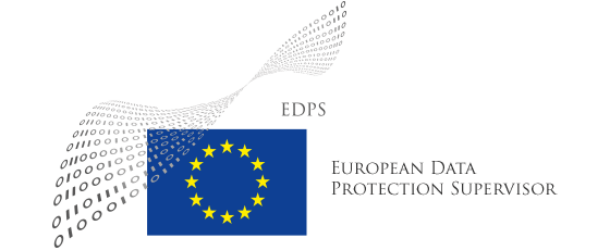European Data Protection Supervisor Warns that Quantum Computing Could Undermine Personal Data Security

(Teiss.co.eu) Quantum computing could allow malicious actors to compromise public-key cryptography systems by carrying out decryption without prior knowledge of the private key, thereby compromising the integrity of Internet protocols like HTTPS (TLS) required for secure browsing, online banking, and online shopping, the European Data Protection Supervisor has warned.
A report published by the Technology and Privacy Unit of the European Data Protection Supervisor (EDPS) has highlighted concerns around malicious actors and entities using superior computing capabilities afforded by quantum computing to break public-key cryptography systems as well as symmetric cryptography systems such as AES, thereby compromising the integrity of HTTPS that uses asymmetric and symmetric cryptography together.
“Quantum computing can break many of today’s classical cryptography and as such harm severely IT security. The risk extends to the core internet security protocols. Nearly all of today’s systems that demand security, privacy or trust, would be affected,” the report warned.
The European Data Protection Supervisor also said via the report that in order to prevent the decryption of sensitive data using the power of Quantum computing by adversaries, organisations must start work on the development of post-quantum cryptography whose security will be unaffected by quantum computers.


















